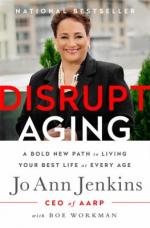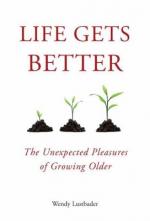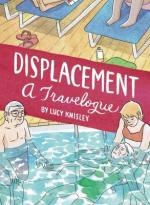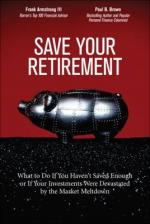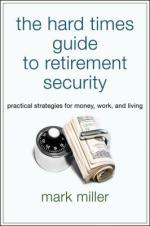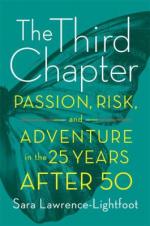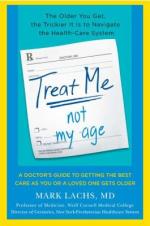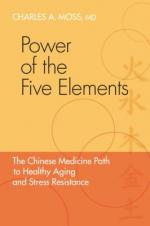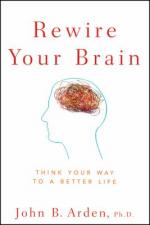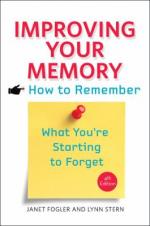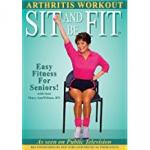December 1, 2017 | madame librarian
“I have enjoyed greatly the second blooming that comes when you finish the life of the emotions and of personal relations; and suddenly you find—at the age of fifty, say—that a whole new life has opened before you, filled with things you can think about, study, or read about.... It is as if a fresh sap of ideas and thoughts was rising in you.” ~ Agatha Christie (1890 -1976) An Autobiography (1977)
""At 50, I began to know who I was. It was like waking up to myself." - Maya Angelou We've all seen the ads on TV and in magazines--"50 is the new 30!" or "60 is the new 40!" A nice sentiment to be sure, but Jo Ann Jenkins, CEO of AARP and author of Disrupt Aging, disagrees. 50 is 50 and she, for one, likes the look of it. People 50-plus today face distinct challenges and have different goals than people in their 30s and 40s. They're at a different place in their lives and are motivated by different things. They see the world through a lens that is shaped by the ups and downs of life, by the wisdom gained from those experiences, and by the comfort that comes from having a better understanding of who they are as individuals and what they want from life. We are living decades longer than our grandparents--how will we spend those years? Disrupt Aging sets out to change the current conversation about what it means to get older. In it, Jenkins chronicles her own journey, as well as those of others who are making their mark as disruptors, to show readers how we can all be active, financially unburdened, and happy as we get older. It's an engaging narrative that touches on all the important issues facing people 50+ today, from caregiving and mindful living to building age-friendly communities and attaining financial freedom"--.
Combines first-person stories from older people in all walks of life with the author's personal observations to look at the experience of aging, showing the later years to be a time of emotional, intellectual, and spiritual growth and happiness, rather than a period of decline.
In her graphic memoirs, New York Times-best selling cartoonist Lucy Knisley paints a warts-and-all portrait of contemporary, twenty-something womanhood, like writer Lena Dunham (Girls). In the next installment of her graphic travelogue series, Displacement, Knisley volunteers to watch over her ailing grandparents on a cruise. (The books watercolors evoke the ocean that surrounds them.) In a book that is part graphic memoir, part travelogue, and part family history, Knisley not only tries to connect with her grandparents, but to reconcile their younger and older selves.
Real Solutions for Saving Your Retirement...no matter where you stand right now!
Step-by-step plans you can use if you''re planning to retire in...
5 years 10 years 15 years over 20 years or tomorrow!
A timely guide to overcoming the retirement challenges we all face. The Great Recession placed a wake-up call to America's baby boomers. Many have not saved enough for retirement and have not taken a hard look at how many post-work years they may need to finance.
In the twenty-first century, a developmental phase of life is emerging as significant and distinct, capturing our interest, engaging our curiosity, and expanding our understanding of human potential and development. Demographers talk about this new chapter in life as characterized by people--between fifty and seventy-five--who are considered "neither young nor old." In our "third chapters" we are beginning to redefine our views about the casualties and opportunities of aging; we are challenging cultural definitions of strength, maturity, power, and sexiness.
A must-have manual for anyone 40+ to take control of their health in a broken health-care system. Too often our culture defines the aging process negatively, instead of embracing it as a natural part of life. Nowhere is this problem more pronounced than in our health-care system, where "ageist" medicine often serves to worsen our medical issues instead of helping us figure out how to address or avoid them. Whether we're forty or eighty, what we need is an insider's guide to staying healthy despite the system.
"Derived from the author's thirty years of medical practice, Power of the Five Elements is a modern interpretation of the Five Elements of Chinese medicine that provides readers with an individualized roadmap to recognize and control their own specific stress response patterns and enhance healthy aging"--Provided by publisher.
"Rewire Your Brain focuses on the self-help applications and the ongoing research on the aging brain. Rewire Your Brain is also filled with practical suggestions and exercises to help the reader improve his or her memory and relationships--and overcome mild depression, anxiety issues, procrastination, and various other negative thought patterns. Each of the chapters in this book offer key components of the new developments in neuroscience and describe how to apply them to specific areas of one's life. Rewire Your Brain is a practical book based on well researched principles that work. This book is not for people suffering from severe types of psychological problems, but rather for people facing everyday anxiety, stress, and mild depression. Readers will learn how to minimize those conditions and get the most out of life."--Provided by publisher.
Three workouts designed to burn calories, tone muscles, and combat the aging process.
In the years since the previous edition of Improving Your Memory was published, technology has dramatically changed how we keep track of life's many details. Appliances and car lights turn themselves off, smartphones and computers remind us of appointments, and Google lets us search for the information that we can't remember. Still, we grow frustrated and anxious when words won't come, when we misplace items, or when we forget meetings, birthdays, names.
An exercise routine for people with limited mobility that consists of seated and standing versions of the same exercise.

